Paul Graham Book Recommendations
Paul Graham is a renowned computer scientist, entrepreneur, and author, best known for co-founding Y Combinator, a prestigious startup accelerator. Born in England and educated at Cornell and Harvard University, Graham has made significant contributions to the tech industry through his work as a programmer and venture capitalist. In addition to his entrepreneurial success, Graham is widely recognized for his insightful essays on technology, startups, and programming. He is particularly notable for his engaging book recommendations, which span a wide range of genres and topics. Graham's passion for reading and his ability to distill complex ideas have made him a respected authority on literature and business.
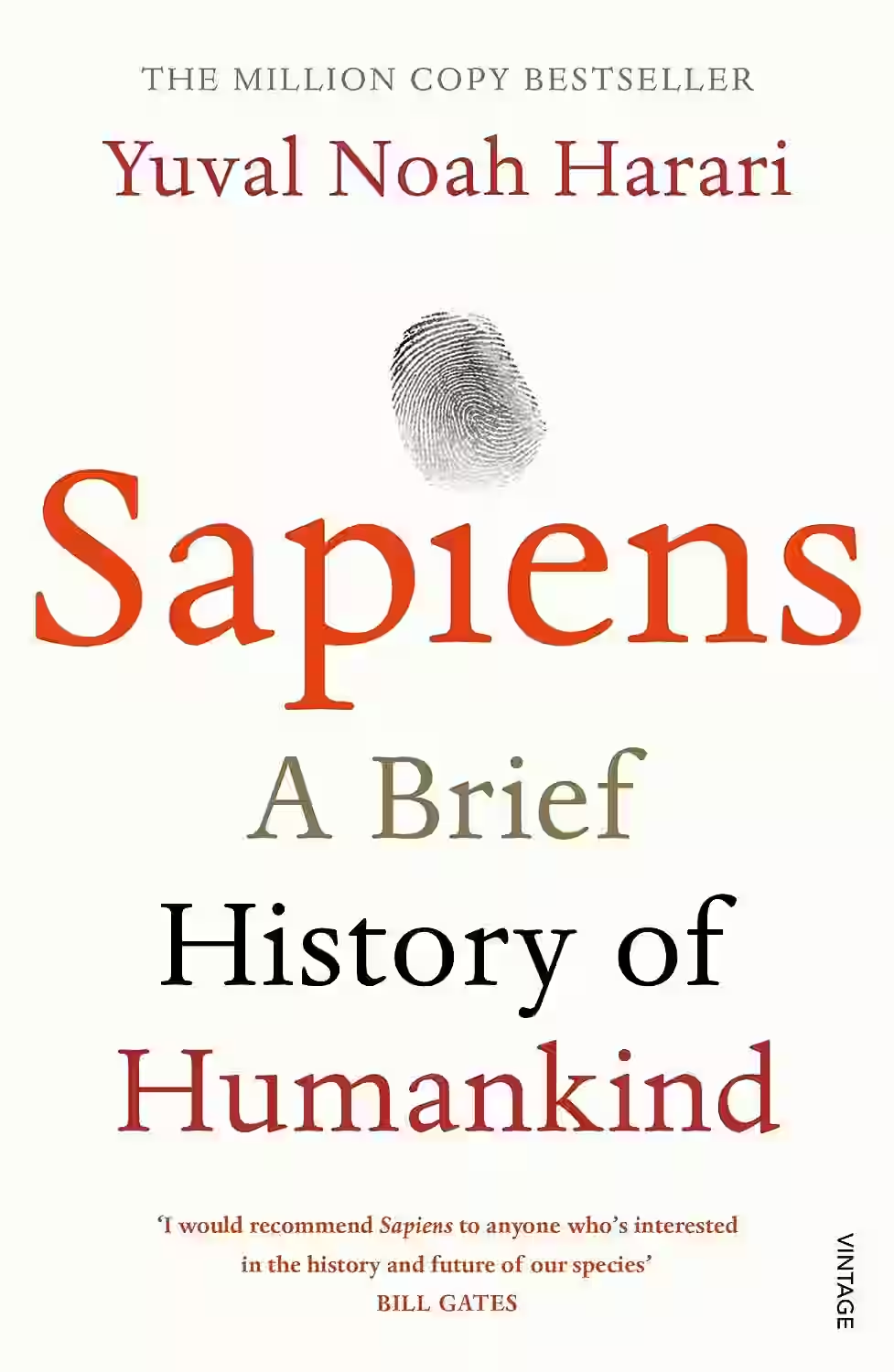
Yuval Noah Harari's Sapiens charts the epic history of humankind, from early Homo sapiens to today's complex world. It explores the Cognitive, Agricultural, and Scientific Revolutions that defined our development. Harari examines the role of shared beliefs in enabling mass cooperation and questions the essence of our humanity and future. This insightful work offers a broad perspective on our origins, progress, and the challenges we face.
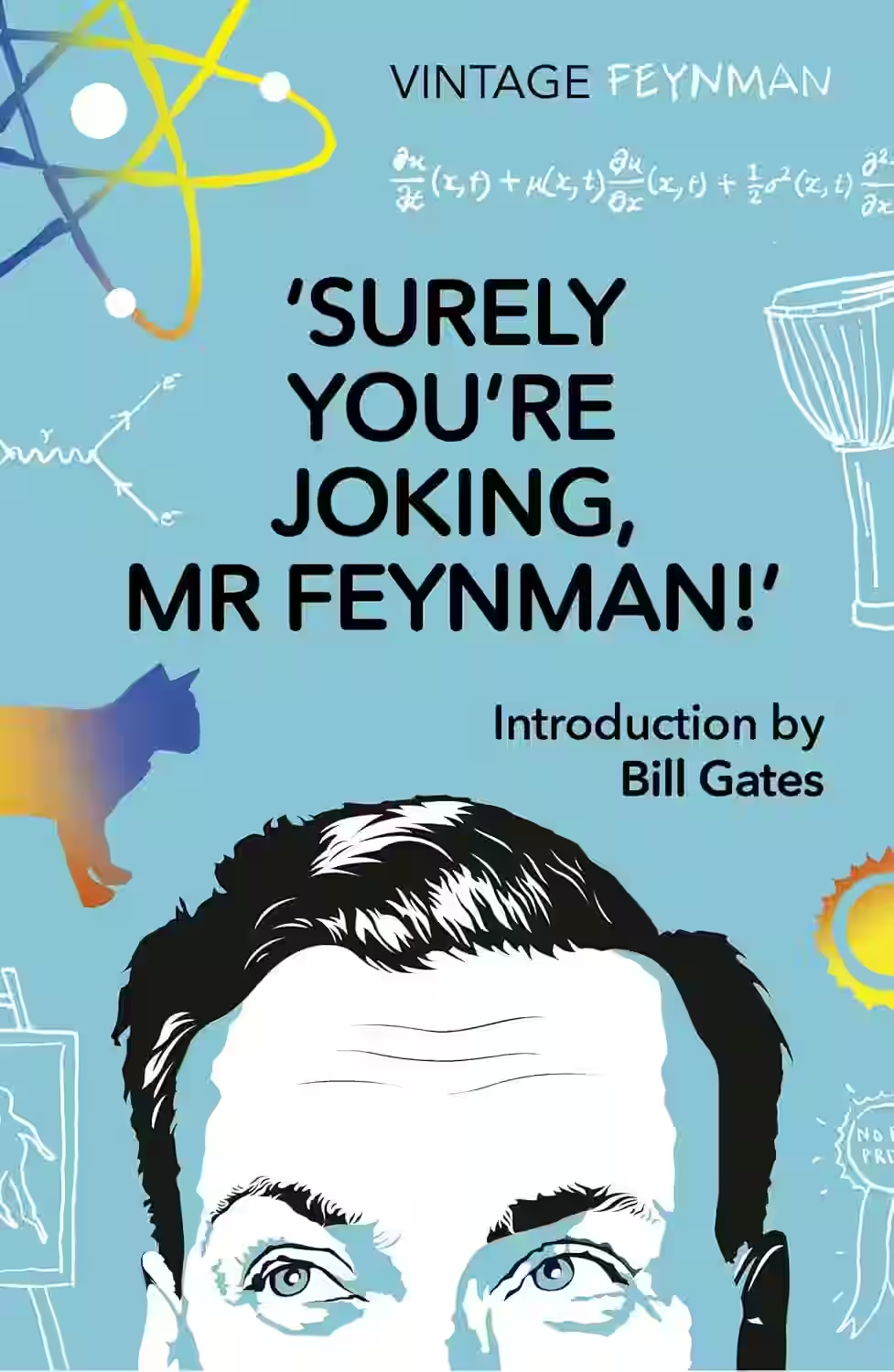
This warm and insightful portrait captures the wisdom, humor, and boundless curiosity of Nobel Prize-winning physicist Richard Feynman through intimate conversations with his friend Ralph Leighton. Beyond his groundbreaking theoretical work, Feynman was a man of adventure – an artist, safecracker, practical joker, and captivating storyteller. His life, fueled by high intelligence, unyielding curiosity, and healthy skepticism, was a series of remarkable experiences. These recorded conversations, transcribed with minimal alteration, offer a wise, funny, passionate, and utterly honest self-portrait of one of the 20th century's most brilliant and engaging minds.
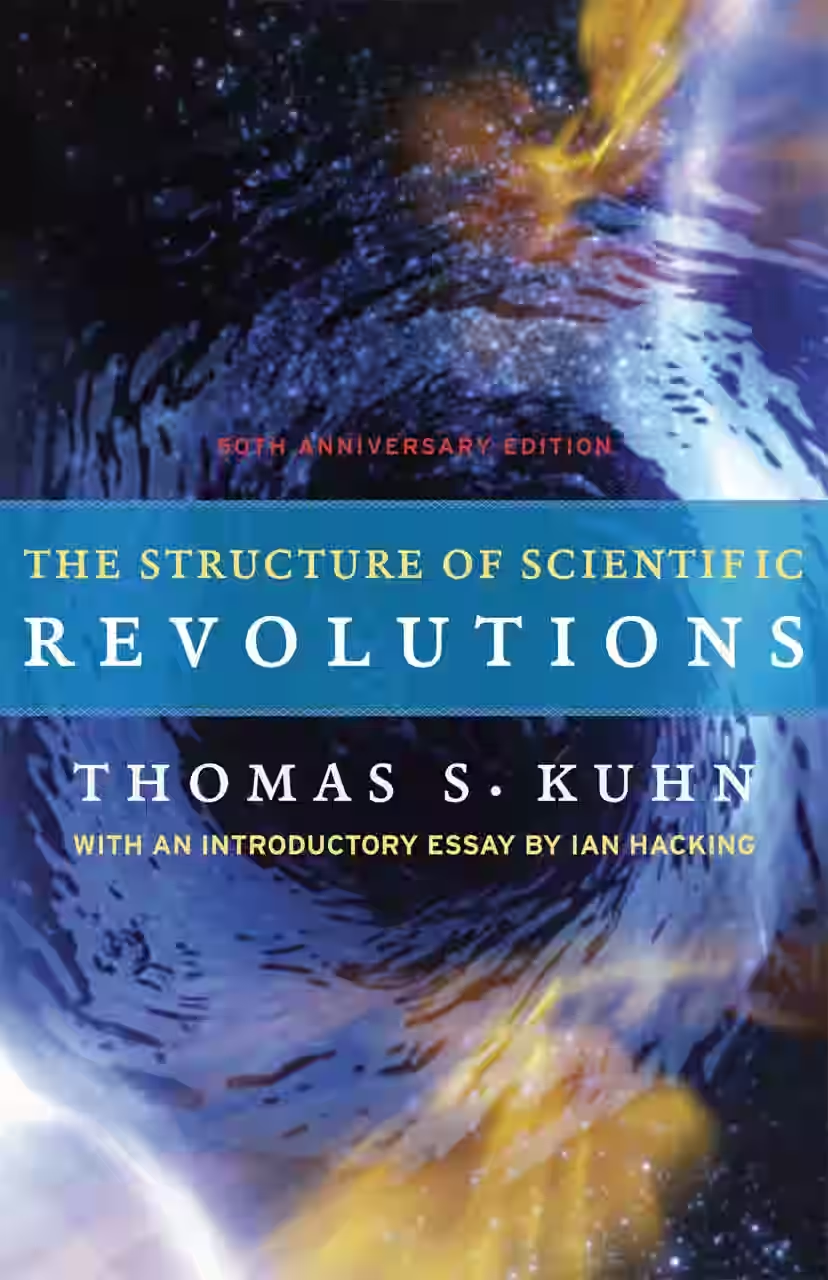
Kuhn’s seminal work revolutionized how we understand science. He argues that scientific progress doesn’t occur gradually, but through paradigm shifts—periods of radical change in fundamental frameworks. Normal science operates within accepted paradigms until anomalies accumulate, prompting a crisis and eventual revolution. Kuhn uses historical case studies to illustrate this cycle, challenging the belief in linear scientific advancement. First published in 1962, The Structure of Scientific Revolutions has had a lasting impact on the philosophy of science, influencing fields from sociology to history. It remains essential reading for anyone seeking to understand how scientific knowledge evolves.
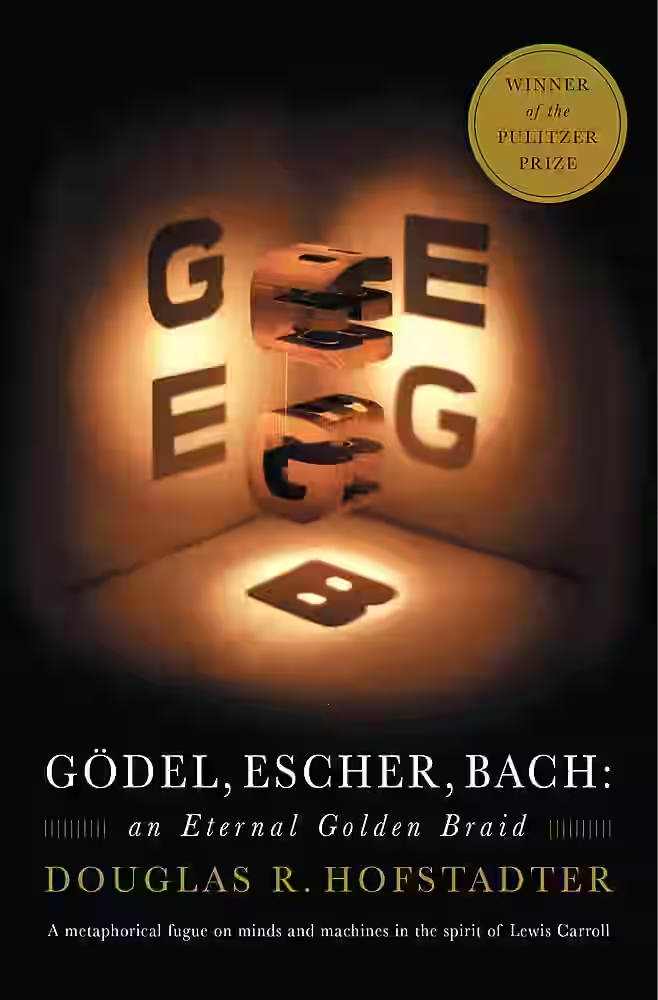
In 'Godel, Escher, Bach: An Eternal Golden Braid', Douglas Hofstadter weaves together the enigmatic works of mathematician Kurt Godel, artist M.C. Escher, and composer Johann Sebastian Bach to explore the interconnectedness of logic, art, and music. Through a series of engaging dialogues, thought experiments, and puzzles, Hofstadter delves into complex concepts such as recursion, self-reference, and consciousness, challenging readers to ponder the nature of intelligence and creativity. This Pulitzer Prize-winning book is a masterful blend of philosophy, mathematics, and art that invites readers on a mind-bending journey through the mysteries of human cognition and the limits of formal systems.
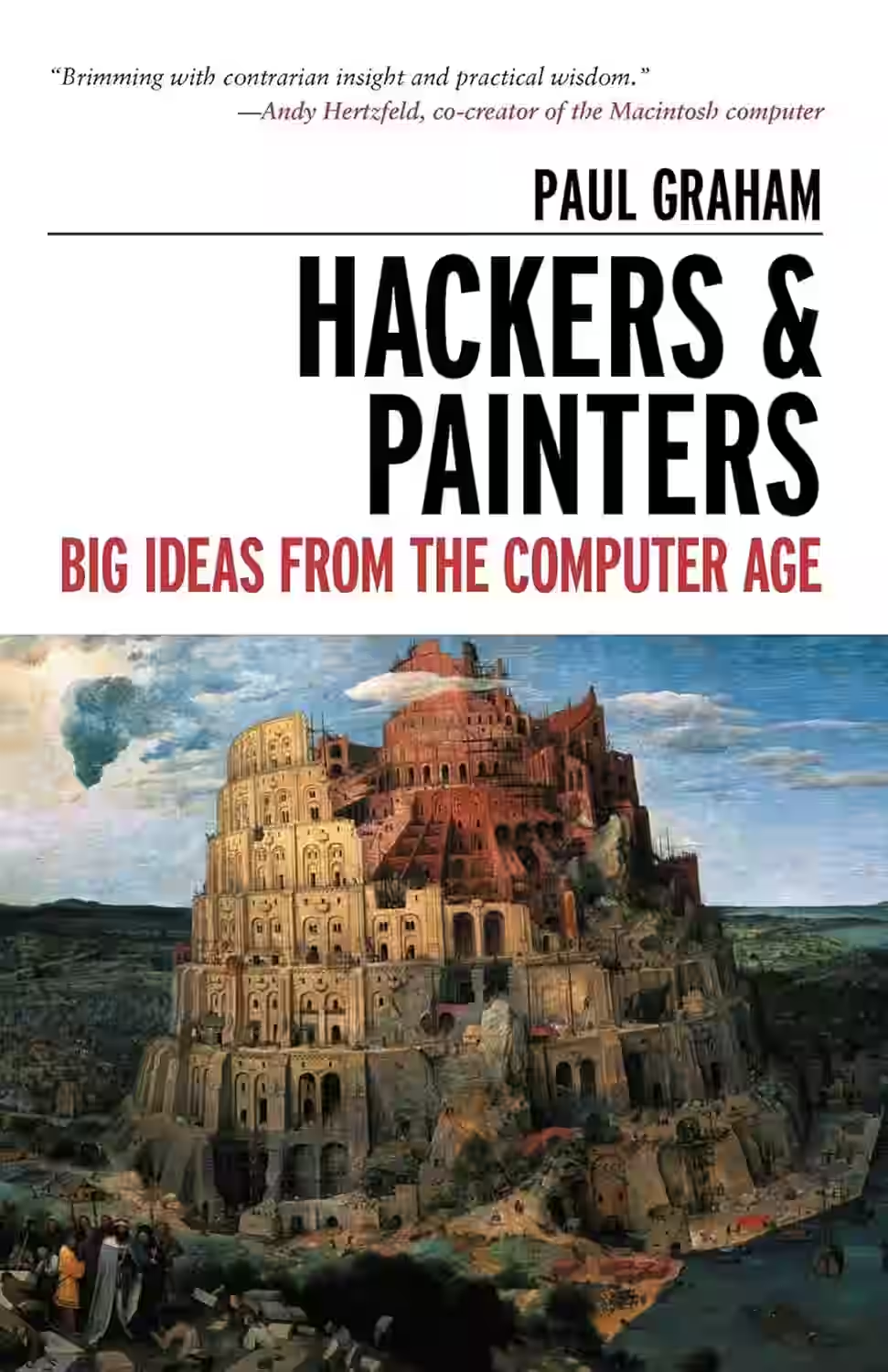
In 'Hackers & Painters: Big Ideas from the Computer Age' by Paul Graham, the author delves into the intriguing world of computer programming, exploring the connections between coding and artistry. Graham discusses the hacker mindset, entrepreneurship, and the impact of technology on society. Through engaging essays, he challenges conventional thinking and offers unique insights into the tech industry. Graham's writing is accessible and thought-provoking, making complex topics understandable to a wide audience. This book is a must-read for anyone interested in the intersection of technology, creativity, and innovation.